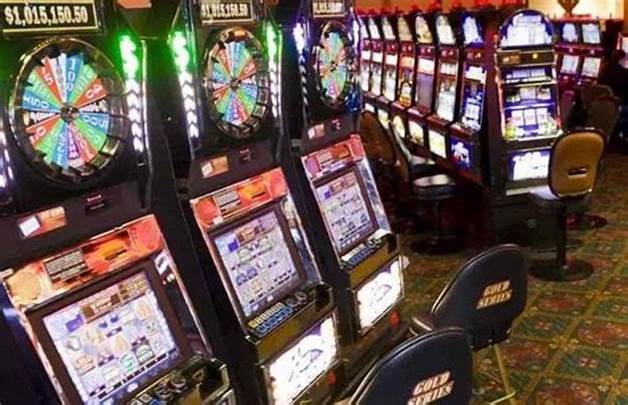Check in poker is it the invoice you pay after the meeting? No, it is not, and it does not imply that you physically examine the cards handed to you. In poker, your success depends on the ability to know what does it mean to check in poker, when you can use it and when not, as well as how to utilize it to improve your playing abilities and increase your cash.
When it’s your turn to act in poker, checking simply means not placing a bet. Nevertheless, you can’t always do that. You have three options if another player made a bet before the action reached you: call, fold, or raise. Check is another word meaning “pass.”
When you can and can’t check
You may also decide to check if you are the first to act or if the other players checked it over to you. Just tap the table with your fingertips or say “check” aloud. Either way, the action is final and you are responsible for that play. Unless you are in the large blind and no other player raised before it was your turn to act, you cannot check before the flop. In Texas hold ’em and Omaha hold ’em, you have three options: call the big blind’s value, raise, or fold.
The right time to check your hand
There are several justifications for checking. Knowing each of them can improve your gameplay and allow your brain to focus on more pressing issues.
1. When you’re given a poor hand
If your hand is weak or insufficiently powerful to warrant a bet out, checking is the first course of action in poker. Hence, betting on other players if you’re the first to act after the flop would be a dangerous move. In this situation, you should check more frequently and fold if someone bets.
2. When trying to catch a bluffer
Some players will check a monster’s hand to set up a trap for a bluffer. If another player bets, they will do a check-raise, in which case you first check the hand to them and then increase their wager.
3. If you want further details
If you’re in position, which means you’re the last player to act after the flop or turn, and you’re hoping to get the following card for nothing, check.
When it’s Inappropriate to Check
However, there are times when checking in a poker game is a bad move that could cost you money. Gaining confidence in these circumstances can prevent you from making a costly error.
1. Whenever You Possess a Top Pair
Here’s a good illustration of when in poker you shouldn’t check. Checking in position when holding the top pair is a common error made by players. Checking the top pair not only reduces your value but also increases your chance of being taken advantage of.
2. If You Have a Killer Hand and Are in a Position
When you’re in a position on the river with a monster hand, checking is not a good idea either. Once more, poker aims to generate revenue. It’s challenging to accomplish that if you’re unwilling to utilize your large hands to pursue the highest value.
3. When You Bet Pre-Flop
If you were the preflop raiser, it is one more situation in which you shouldn’t check your hand. Most of the time, this is true. Regardless of whether you hit anything or not, you should almost always throw out a feeler if you raised before the flip and are in position on the turn.
Conclusion
What does it mean to check in poker? In poker, a check means a player chooses not to bet but remains in the game. Checking is a useful strategy that can be employed when a player doesn’t have a strong hand and wants to see what their opponents will do.
